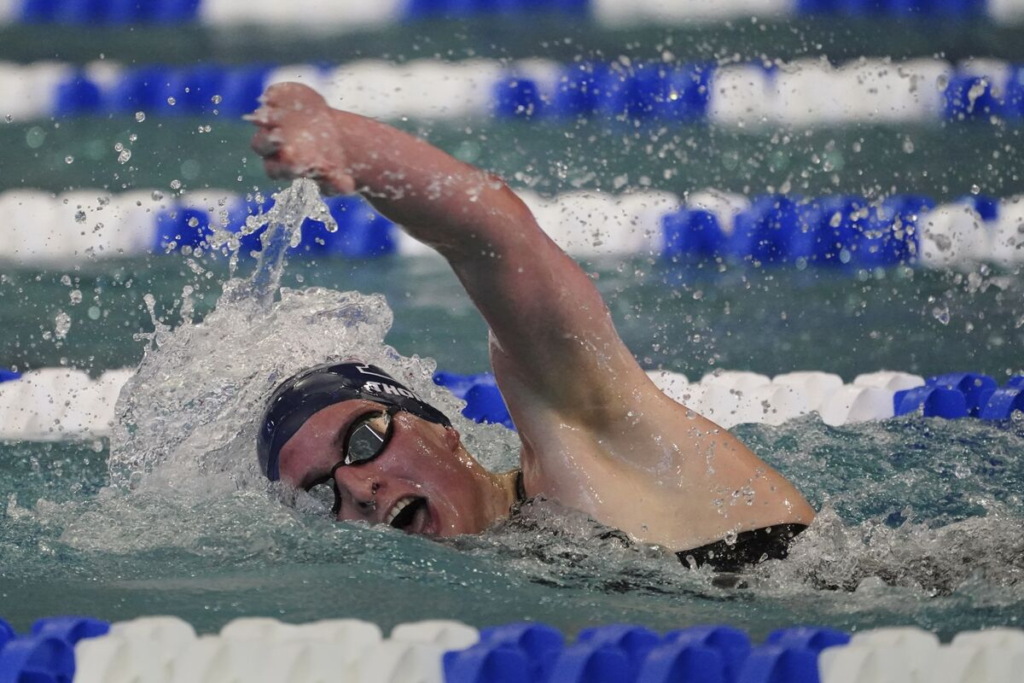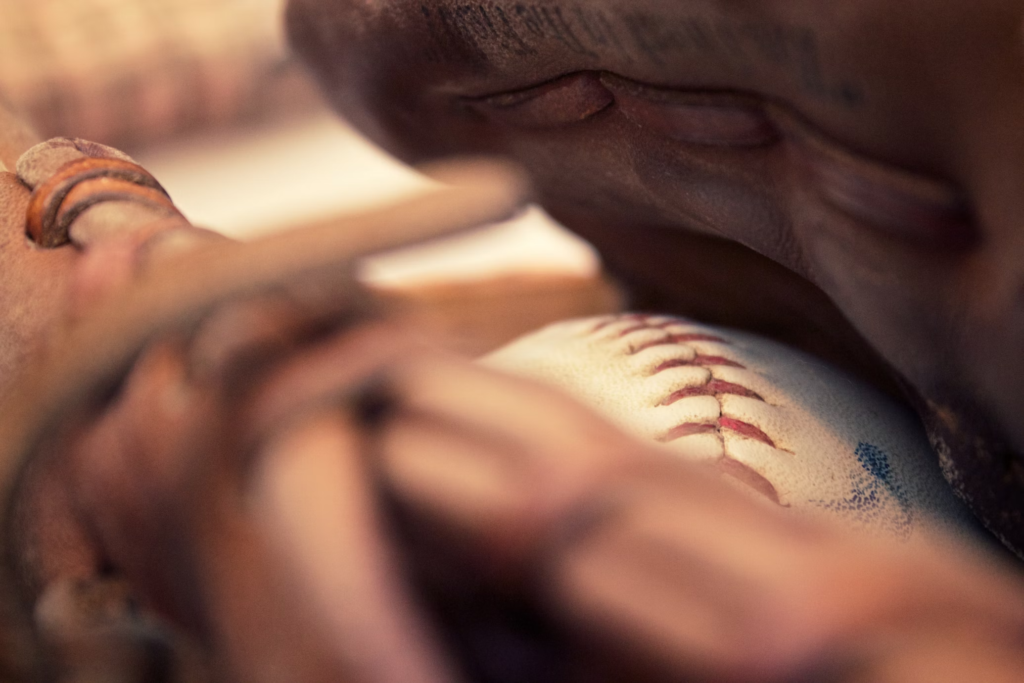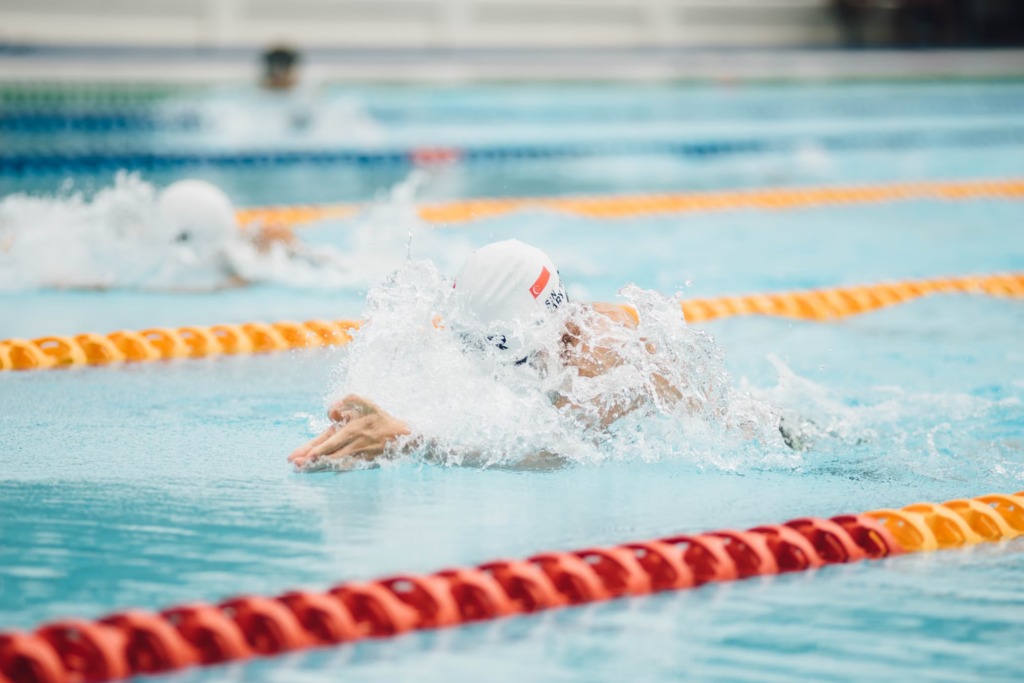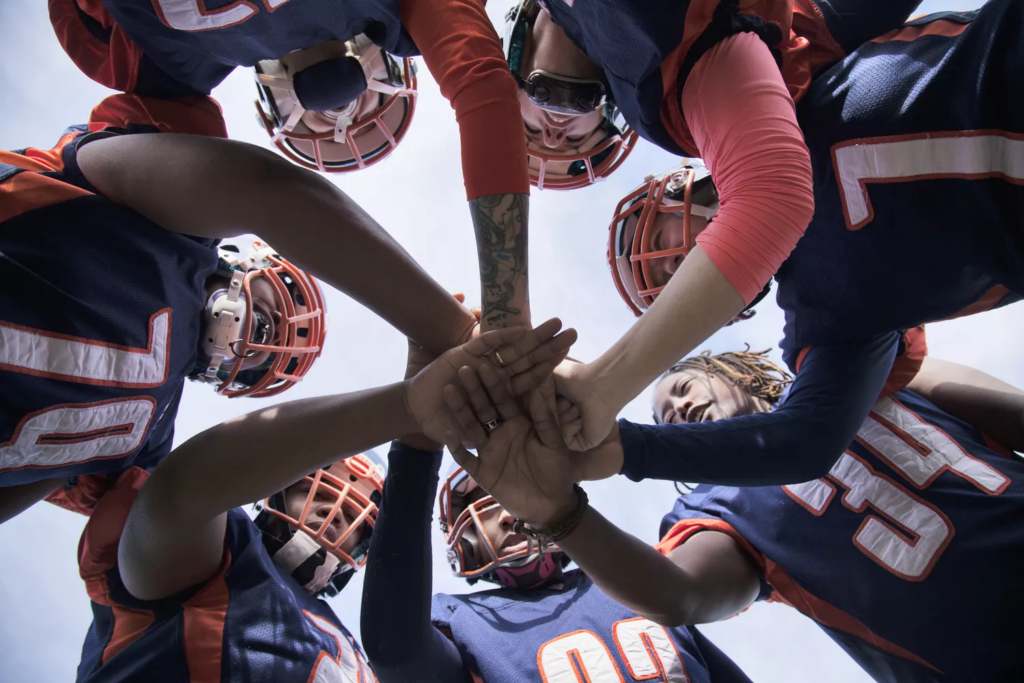The topic of transgender athletes in collegiate sports has sparked considerable controversy and debate recently. This issue encompasses various areas of concern, but the spotlight is currently on inclusivity and the participation of transgender individuals in sports. One prominent figure in this discussion is Lia Thomas, a transgender swimmer who has become a focal point of the debate.

Lia Thomas: A Central Figure

Lia Thomas has been at the forefront of the transgender athlete controversy. In an interview with Sports Illustrated, she asserted her identity as a woman, equating herself with her cisgender teammates. This statement highlights the core issue: the recognition and acceptance of transgender individuals in their identified genders within competitive sports.
Read More: Father Who’s Covered In Tattoos Transforms His Body for the Sake of His Young Daughter
The Call for Inclusivity

Many advocates argue that despite biological differences, it is crucial to foster an inclusive atmosphere in collegiate sports. Respecting the gender identity of athletes like Lia Thomas is seen as essential for creating a supportive environment. Inclusivity in sports not only acknowledges gender identity but also promotes the dignity and acceptance of all participants.
Biological Differences and Acceptance

The debate often centers on the biological differences between transgender and cisgender athletes. While these differences raise questions about fairness in competition, it is equally important to consider that every individual deserves to be treated with acceptance and dignity. This dual focus on fairness and inclusivity creates a complex landscape for discussions around transgender athletes.
Challenges Faced by Transgender Individuals

Transgender individuals, including Lia Thomas, face numerous societal challenges. These challenges emphasize the importance of creating environments where they can live and compete without prejudice. Advocates argue that fostering such an environment is crucial for the well-being and equal treatment of transgender athletes.
The Courage of Lia Thomas

Lia Thomas’s decision to openly identify as a woman required immense courage. This public affirmation of her gender identity brings attention to the broader struggles faced by transgender individuals. Her story exemplifies the difficulties many transgender athletes encounter and the bravery required to navigate these challenges.
Read More: Transgender Man Lashes Out At Nurses Who Call Him ‘Mom’ After He Had A Baby
The Evolution of the Transgender Rights Movement

Initially, the transgender rights movement focused on acceptance and equality. However, the conversation has increasingly shifted towards debates around privilege and fairness in competitive contexts. Despite this shift, it is important to focus on the underlying issues of acceptance and equality while addressing concerns about competitive balance.
Balancing Inclusivity and Fairness

When transgender individuals wish to compete in collegiate sports, it is crucial to ensure they are not subjected to harassment or discrimination. At the same time, maintaining social standards and respecting scientific knowledge about biological differences is also necessary. Finding this balance is challenging but essential for progressing the dialogue on this issue.



